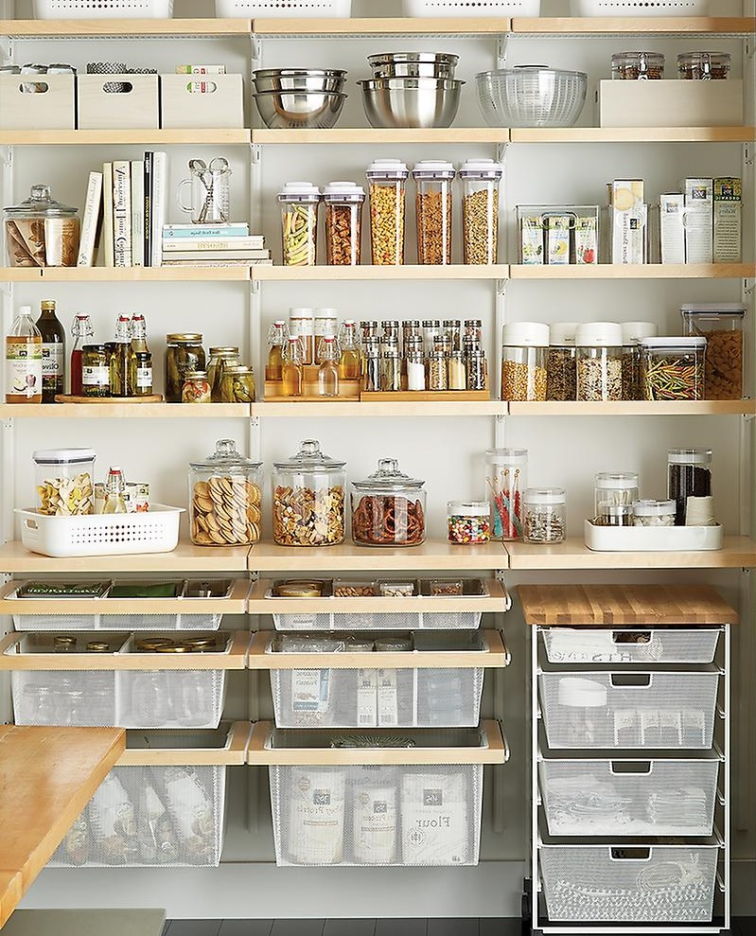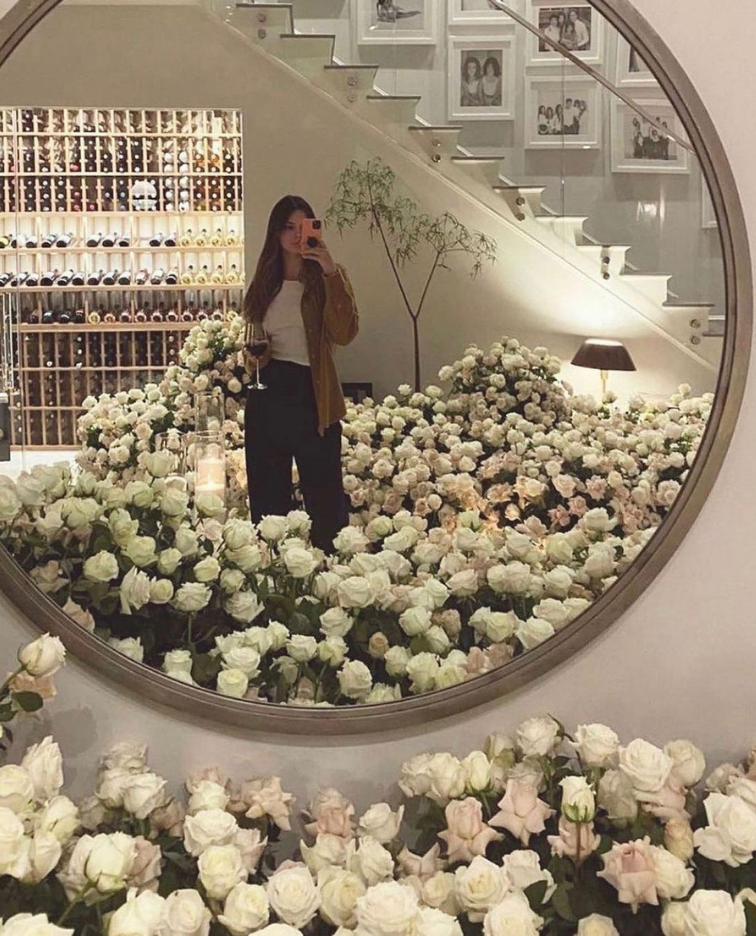



Ever walked into a room and felt like the energy in the space was just perfect? You might have been experiencing the effects of feng shui, the traditional Chinese practice of balancing a room’s energy and “Chi” or “Qi” to attract and encourage positive elements in one’s life. Feng shui translates to “wind and water,” and is a Chinese ideology dating back to 5000 BC that links people with their environment and emphasizes alignment. The philosophy of feng shui aims to ensure harmony within one’s surroundings, a principle that has existed for thousands of years, and the practice has connections to many beliefs including Taoism, Confucianism, Buddhism, Shinto, and Vashtu Shastri.
The teachings of feng shui focus on balanced and conscious placement of objects and elements inside your home to influence and reflect your outside experiences. Here at Ame, we can definitely say that we love an exterior expression of our internal state of being. Read on to learn more key feng shui tips — especially as they relate to mirror placement.
Mirrors are also an incredibly important part of feng shui because they represent water, one of the founding principles of the movement. It is believed that since water yields to whatever shape it is poured into and can double an element (by reflection), mirrors are hugely important to the energy and alignment in your interior space. Mirrors also enhance light and space which — you guessed it — are qualities of good feng shui.
According to the teachings of feng shui, mirror placement is not just about where your reflective piece fits best on the wall — rather, if you’re interested in inviting tranquil energy into your space, you will want to be mindful of where your mirrors are (or are not) placed. The practice of improving the Qi of your home is actually all about the method of “minor additions.” Using intention with placement is a key part of the practice — and something to always remember while looking at the flow around you.
So let’s dive into the best of feng shui and mirrors, and how specific positioning can help usher good fortune and vibes into your home!
You thought your welcome mat was inviting things in? No, honey, it was the perpendicular mirror!
Feng shui practitioners agree that one of the best rooms to hang mirrors in is the dining room. The dining room table (which, incidentally, should be round and have six or eight chairs for maximum auspiciousness … if you’ve got the room for it) is the center of the family, the place where everyone gathers. It’s written that the dining room represents one’s capacity to hold wealth, and that by placing a mirror opposite your table, you’re inviting the perception of doubling the amount of food — and therefore, your prosperity.
On the flip side of the coin, be careful not to have clutter-like bills in this room to avoid doubling your debts. Which is why you should also …
Similar to the importance of your dining room table, your desk is often the center of your work zone, and a very important area to be conscious of when taking Qi and feng shui into consideration. Mirrors that reflect on your desk or face your desk will work against you. How? By reflecting back your workload — and thereby doubling it.
We know we’re throwing a lot at you, but also to consider: Having your desk in a commanding position is extremely important. This means positioning it in the room where you can see the door. If you can’t accomplish this due to the limitations of your space, placing a mirror perpendicular or near your desk can help correct this. Being in a commanding position at your desk increases opportunities, because you’re able to see things coming your way.
You should also be conscious of having a mirror directly above your bed (or a window, for that matter) because the belief is that your Qi energy can escape through it while you sleep. We want our body filled with Qi when we wake up in the morning so that we’re ready to tackle the day and live life to the fullest!
Mirrors that are broken, distorted, disconnected (like a mosaic), or cloudy should be avoided for feng shui purposes. Because the energy you’re trying to shift needs a clear pathway, mirrors with any of these issues can cause energetic obstacles. That’s not to say you should immediately throw out any mirrors that fit that description — it’s just something to be aware of when repositioning items in your space.
Remember that a major proponent of the practice is placing things with intention. Not every mirror in your space has to be a feng shui mirror. If your intention is to decorate your space, then those cute little mosaic mirrors are perfectly fine — and purposeful for your space!
Feng shui is an energy and design belief and philosophy that is supposed to enhance your experiences at home. It is not a checklist of dos and don’ts. Have fun with it, try things out, and see what works for you!